For the past three months, we proposed ideas in the sectors of education, gender, and livelihood to bring about the rural reset. In this, and the last piece of the Rural Reset Series, we want to stress the importance of partnerships and collaboration to shape a new reality in rural India. Check out our LinkedIn page every Wednesday as we delve further into the below-mentioned topics.
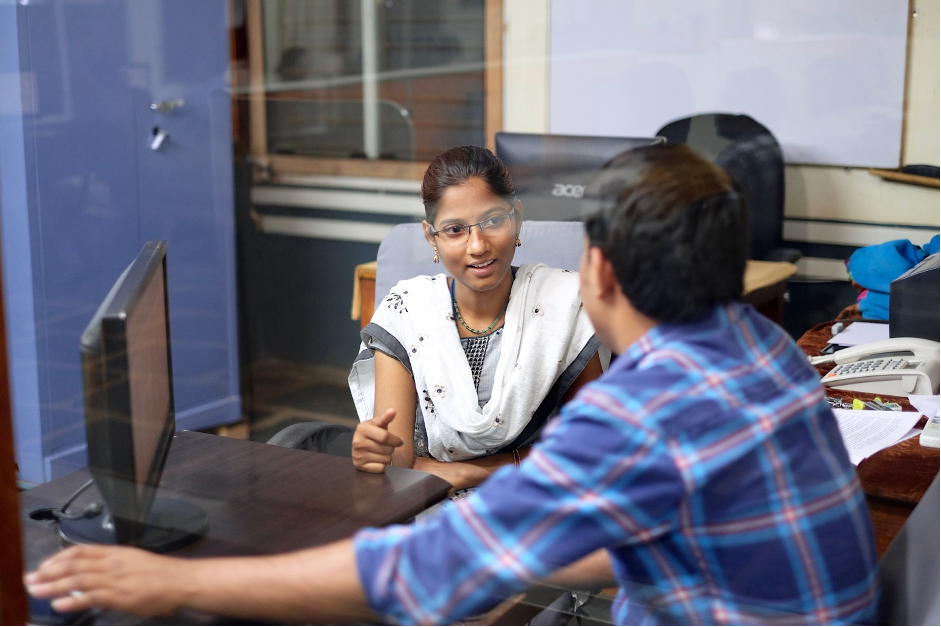
“Now is the time for unity” is what the Secretary-General of the United Nations, António Guterres told the world when the pandemic took over. It is not just a health crisis, but a human crisis and it is having severe repercussions on all walks of life. The lack of preparedness and the inability to recover has hit the economy. UNDP estimates the COVID-19 virus has upset the global human development – a combination of education, health, and living standards- so much that the numbers could fall for the first time this year after the measurements began in 1990.
The Sustainable Development Goals 2030 set by the United Nations provides a pathway for the creation of humanity that is equal for all. While there are many positive advancements globally aiming to achieve these goals, the pandemic has set the world back by a far measure. But instead of viewing this cynically, it could be said that this pandemic has given us an opportunity to rethink and reset the reality, as the old reality is what put us in this state of crisis in the first place.
In India, the most affected are undoubtedly rural communities. The lack of structure of the informal economy and sudden drop in employment created a wave of migration of workers going back to where they came from. This influx of people into villages has caused an emergence of an array of socio-economic issues. But for the first time in history, the entire population is fighting against one common goal: the virus. Though the route to betterment seems slightly bumpy, the importance of working together is now apparent. As governments and other organizations plan schemes to introduce a new normal into rural areas, we emphasize the importance of partnerships to achieve these goals. SDG 17: Partnerships for the Goals draws attention to the need to collaborate to achieve the 16 goals overhead. The main pillars of any society – the government, the private institutions, and the community – need to come together to bind the other goals together. For the past three months, we proposed ideas in the sectors of education, gender, and livelihood to bring about the rural reset. But now, we talk about reality and what we can do as an organization to overcome the COVID crisis.
Partnerships in Education for all
Dr. Abdul Kalam once said that “Education is the acquisition of enlightened feelings and the enlightened power to understand the daily events and understand the permanent truths by linking citizens to his environment, human and planet, we live.”
We believe that education and learning is something that is not restricted to the classroom. Engaging in practical experiences and the application of classroom learnings can provide opportunities for constructive learning and individual growth. Our Social Internship Program allows for young professionals, university students, and fellows to engage in a 6-week micro-project, to train in project management for the social sector.
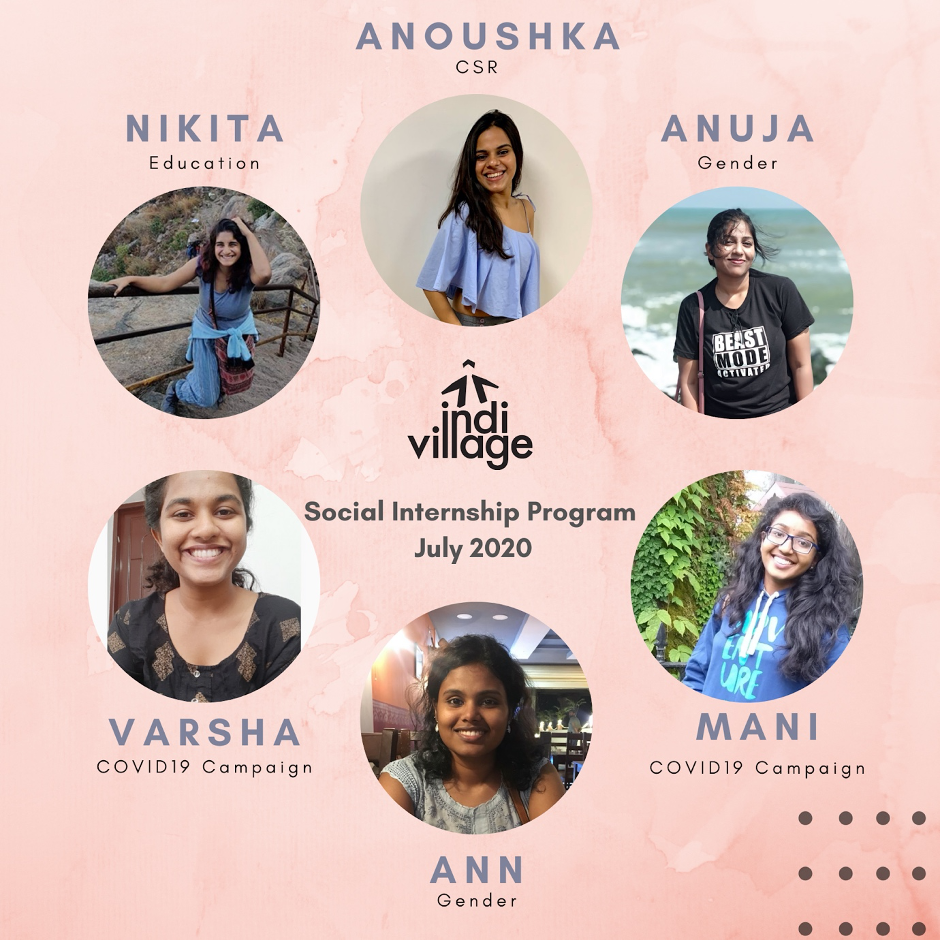
In the middle of the pandemic, IndiVillage adapted its internship program to an online model which provided an opportunity for engagement despite challenges. Interns contributed to various verticals of the foundation’s operations which included education, gender, livelihoods, and COVID response. The IndiVillage internship model is an urban-rural partnership which proved to be a beneficial experience for both the interns and the local community alike.
During the pandemic, we also relaunched our open platform Samvāda: Dialogue for Impact on an online platform for organizations to share their work, learn, ideate, and network with other impact organizations across India. Following the pandemic, Samvāda specially focused on rural-based nonprofits to share knowledge and resources and collectively respond to the diverse challenges posed by Covid-19. The sixth edition of Samvada explored the manner in which organizations did community outreach and engagement while meeting social distancing protocols. This platform helps institutions learn from one another and collaborate on schemes to get closer to achieve the UN sustainable development goals.
Across the globe, female participation in areas such as technology and science is hugely limited. Long-standing gender norms and roles in society curtails women’s participation in this sector. To address this gap in the sector, we have partnered with local government schools in Yemmiganur and Raichur to introduce the “Girls in Tech” program. The curriculum for this project has been developed by the global NGO Girls Who Code. Women from the community act as facilitators to the project that attempts to cultivate a love for coding amongst young girls in rural communities.
Partnerships for Gender Equality
There is a strong gender divide that is prevalent in the corporate sector. Women’s participation in the workforce is currently at 28% as per a report by Forbes magazine. The question remains, what is the cause for India’s gender gap in the workspace and how can organizations address this issue?
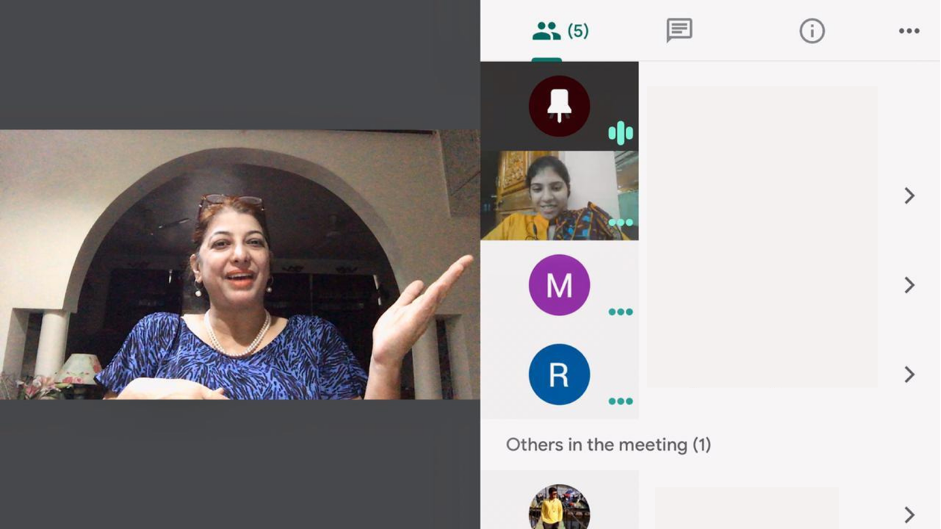
It is essential that we recognize that for a woman working in the field, the experience is something that differs greatly from her male counterparts. In the present landscape, there is not a lot of scopes for women employees to nurture their talents and their skills. This is causing a reduction in female employment in several sectors, including the technology sector. To address this gendered divide, and to help motivate and guide female employees, we have introduced the Women Mentorship Program. Senior women employees from prominent establishments provide mentorship to female employees of IndiVillage. During the sessions, they provide guidance on how to develop their skills and succeed in a corporate environment. This is an initiative of, for and by women to promote personal and professional development.
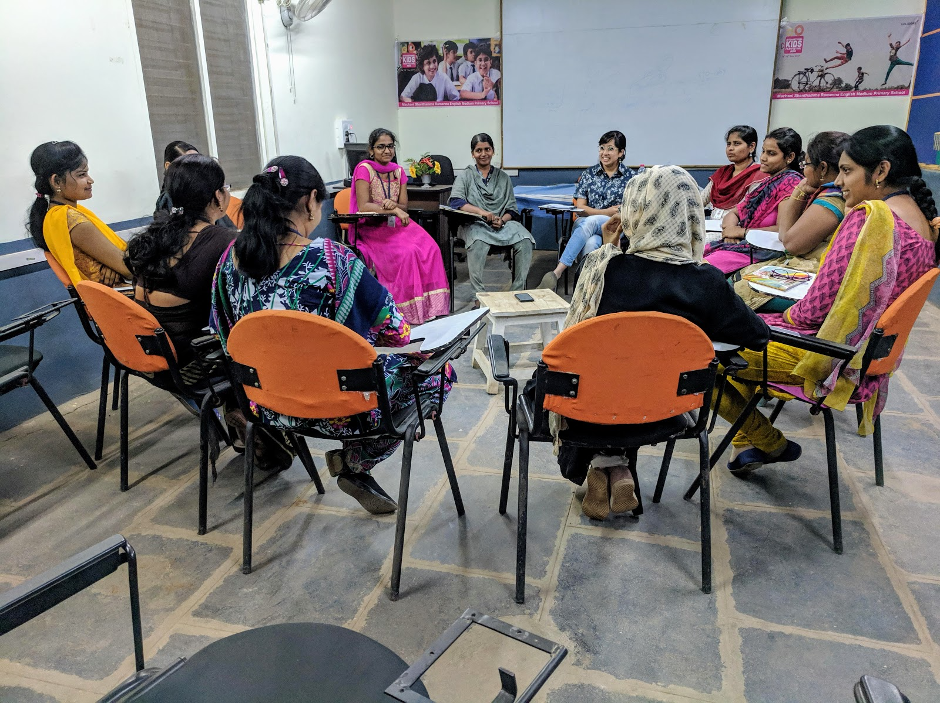
To also help women cope with the stress of daily lives and provide them with a safe space, we have also introduced the concept of Lean in Circles. This space aims to provide a platform for female employees to share their burdens with their colleagues and arrive at solutions within the circle before escalating it to a higher authority. It is also a space where they can seek support from their peers as well as have the freedom to share thoughts, opinions, and concerns without any kind of judgments. We also believe that all female employees at IndiVillage are leaders in some capacity or the other, and we wish to enhance their skills and have a meaningful conversation within the space. We hope this gives them the motivation to take it back to their communities and become changemakers within their community.
Right now, Circle meetings are being conducted virtually to support each other through the Covid-19 crisis – where the female employees connect over shared experiences, giving and receiving advice, and problem-solving together.
Partnership with Community
As a follow up from our last newsletter where we proposed the idea of one entrepreneur one village, we have a small message from our founder, Ravi Machani, the advocate of the concept:

“As I look back on the past 10 years I’m reminded of the conversation I had with Dr. Abdul Kalam that sparked the journey of IndiVillage. Dr. Kalam suggested that every entrepreneur should adopt a village and change it forever. He helped me realize that a personal approach makes a huge difference to those that need help. A cheque for a government handout cannot give someone a job or advice on how to turn their life around. An entrepreneur who has walked down the same path may have a better idea about how to help. Today IndiVillage operates out of 2 towns and we know this model can be replicated. Our job is not done in India until 600,000 villages are touched. This task becomes easier if we get 600,000 entrepreneurs onboard. Every centre needs an entrepreneur, not a manager.
There are 58.5 million entrepreneurs in India and 600,000 villages. The impact that they could create if these entrepreneurs partnered with communities is beyond imagination. The final emphasis of this article is on the need to create a social impact and do business for good.
